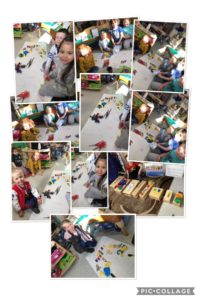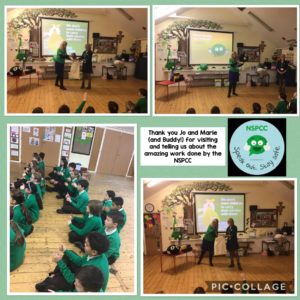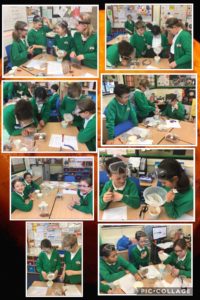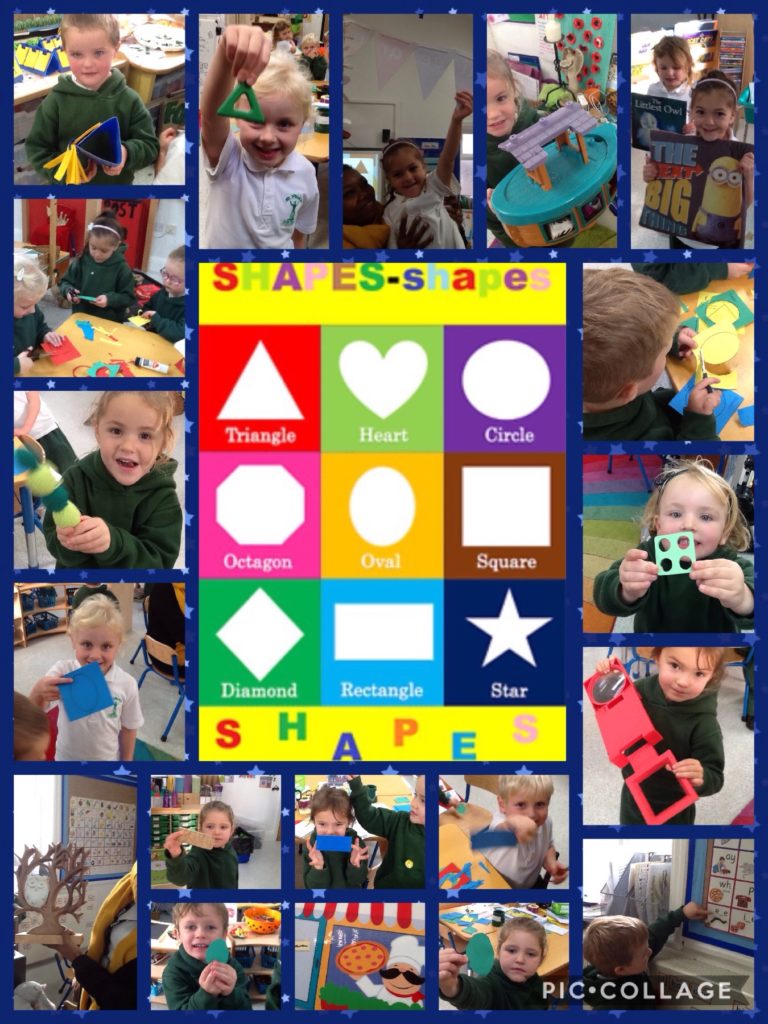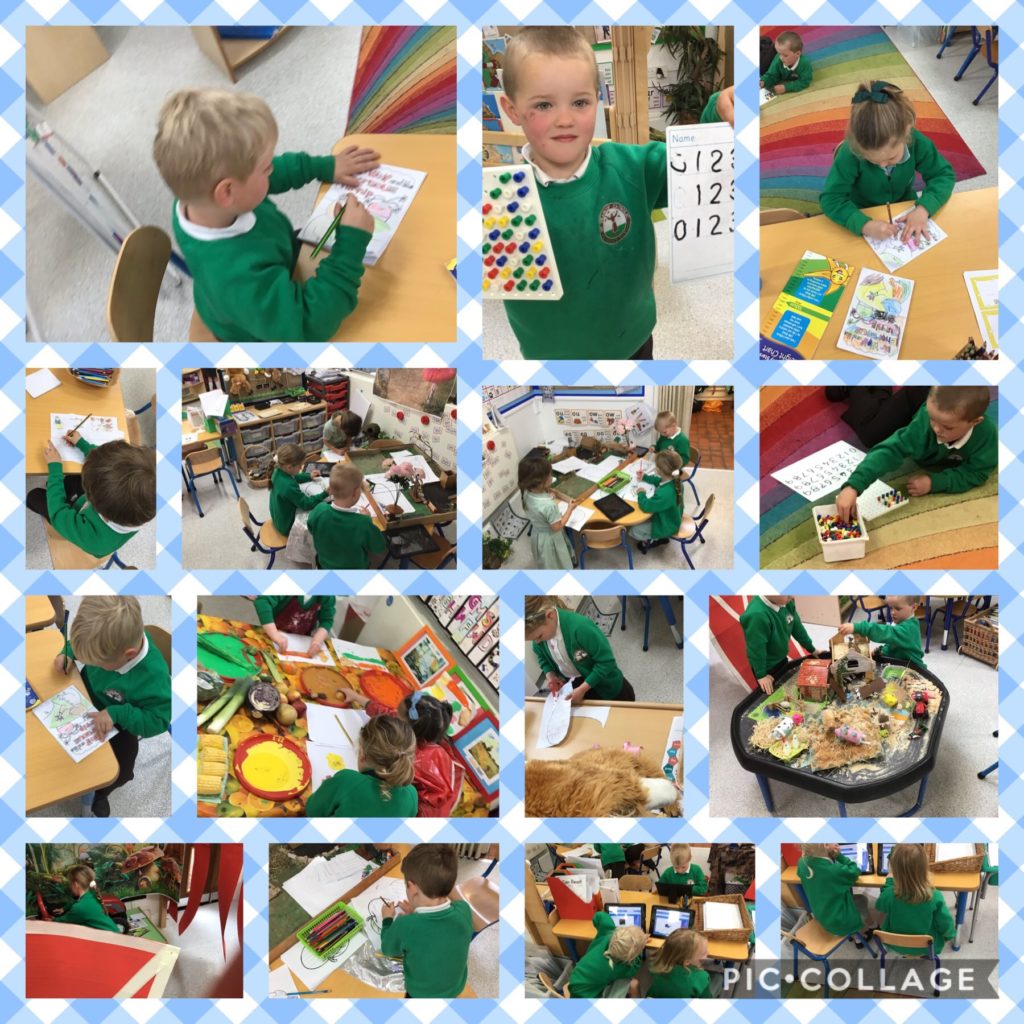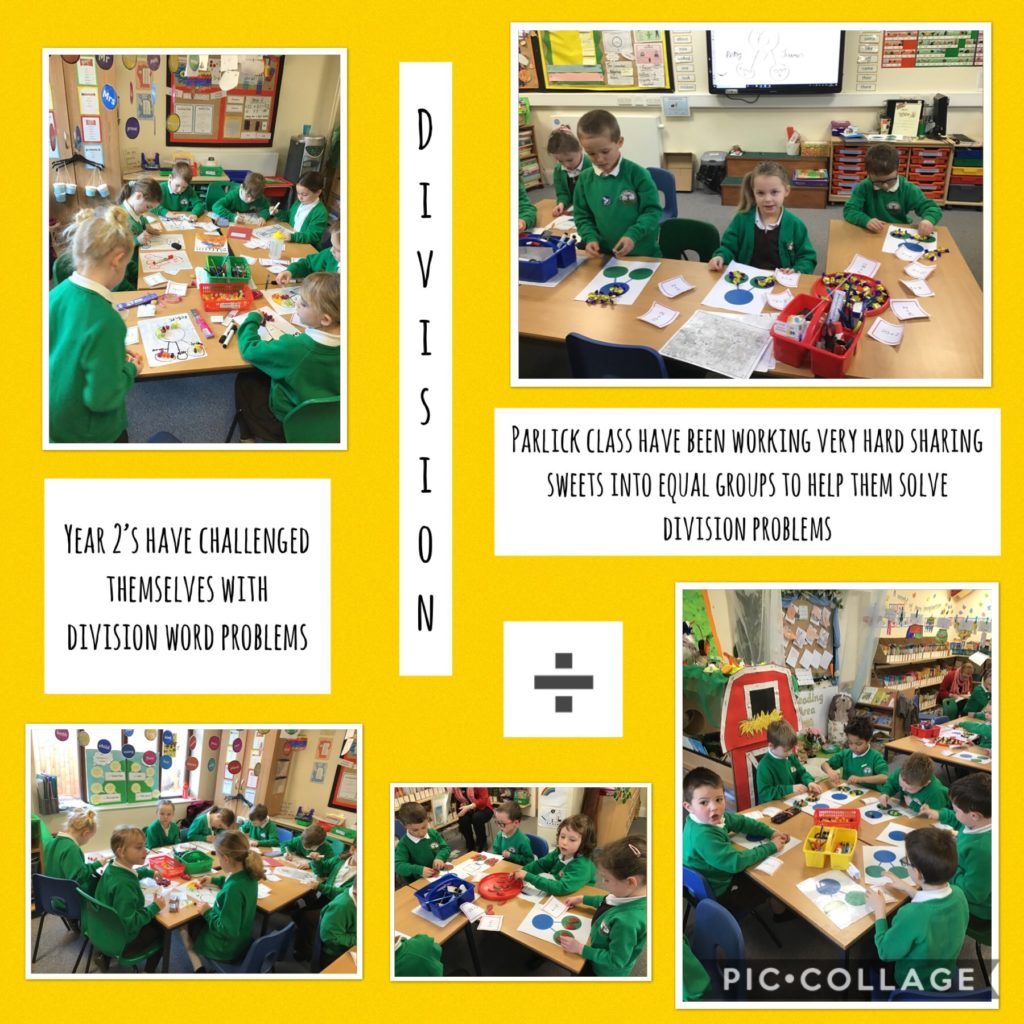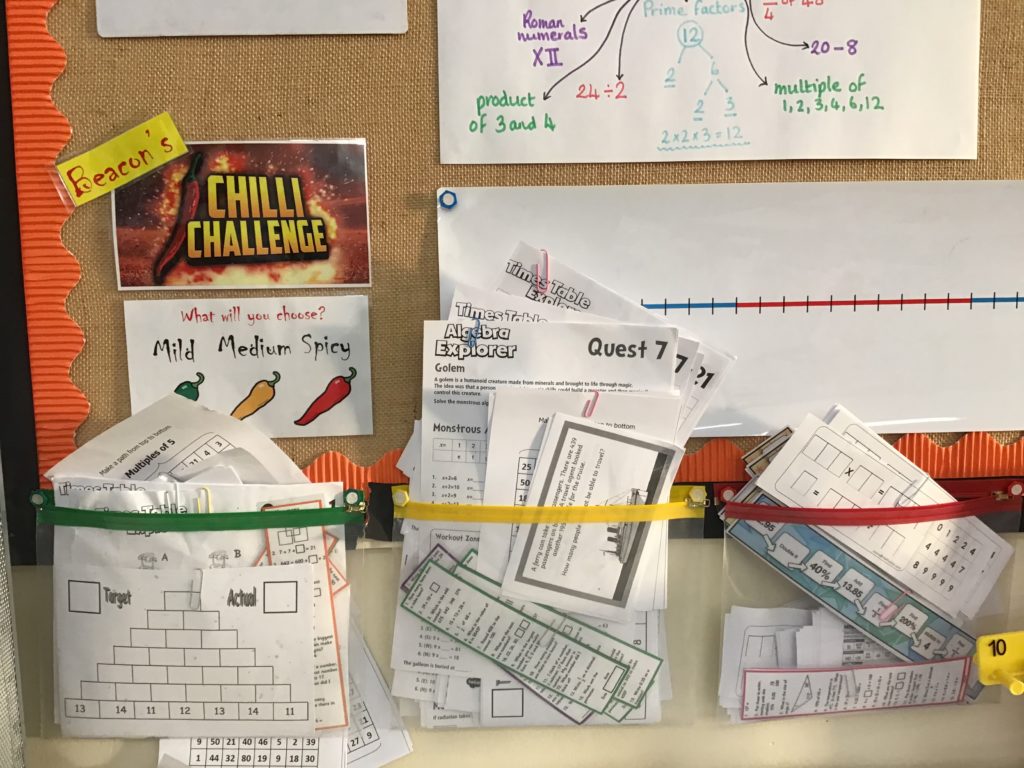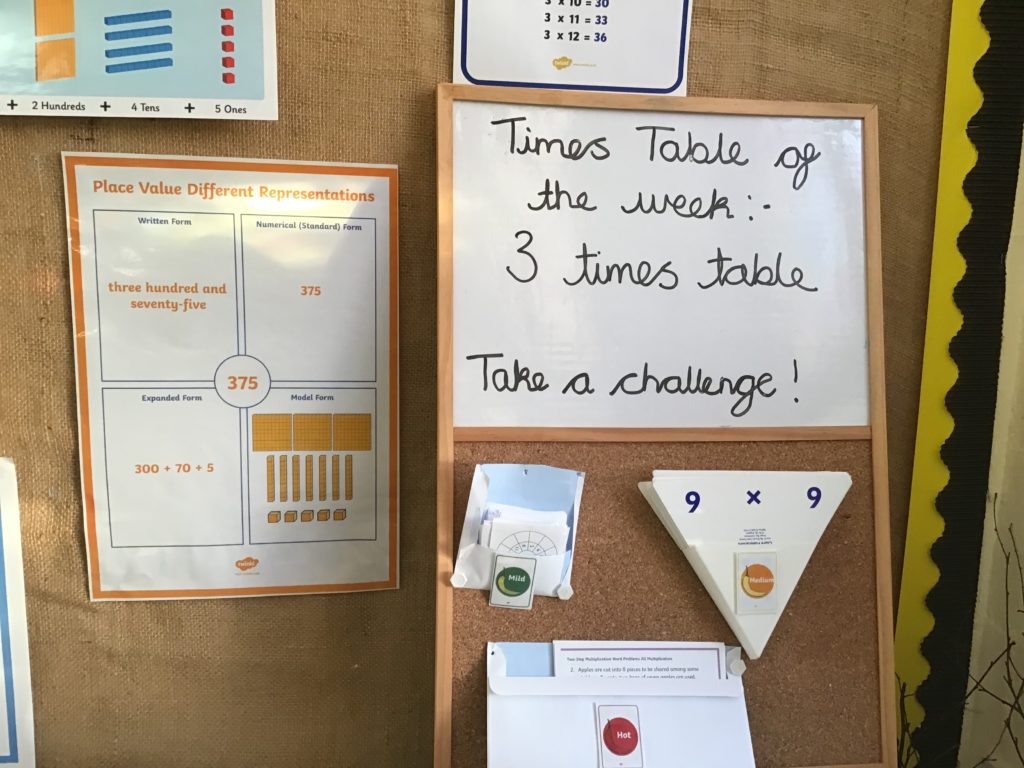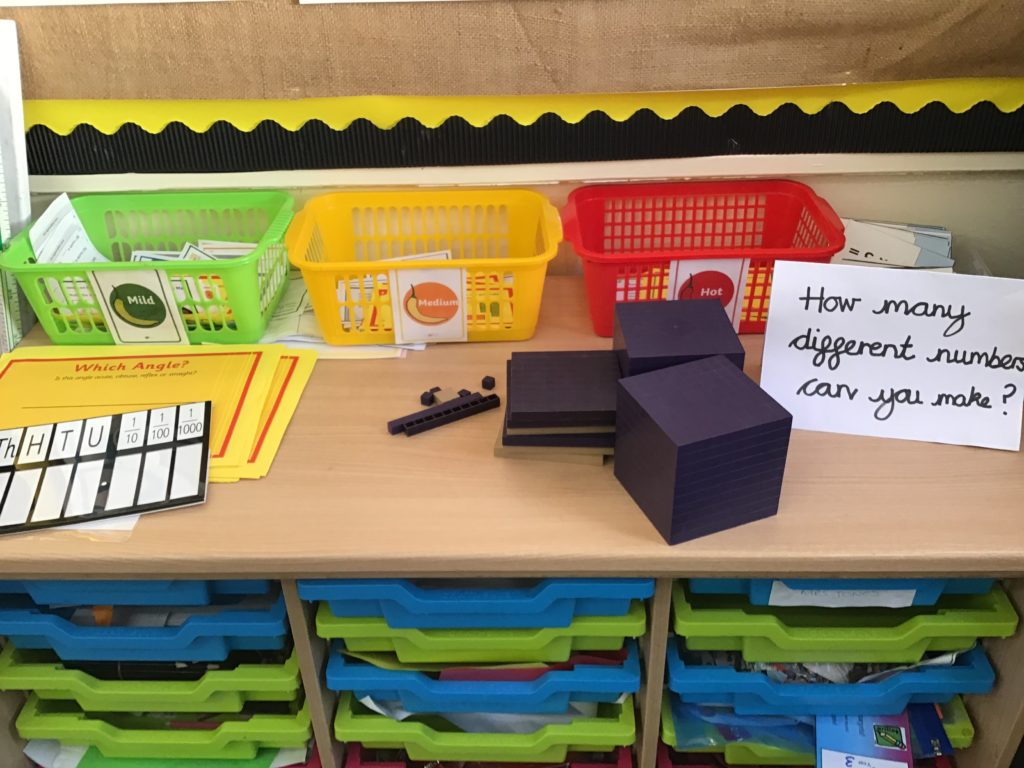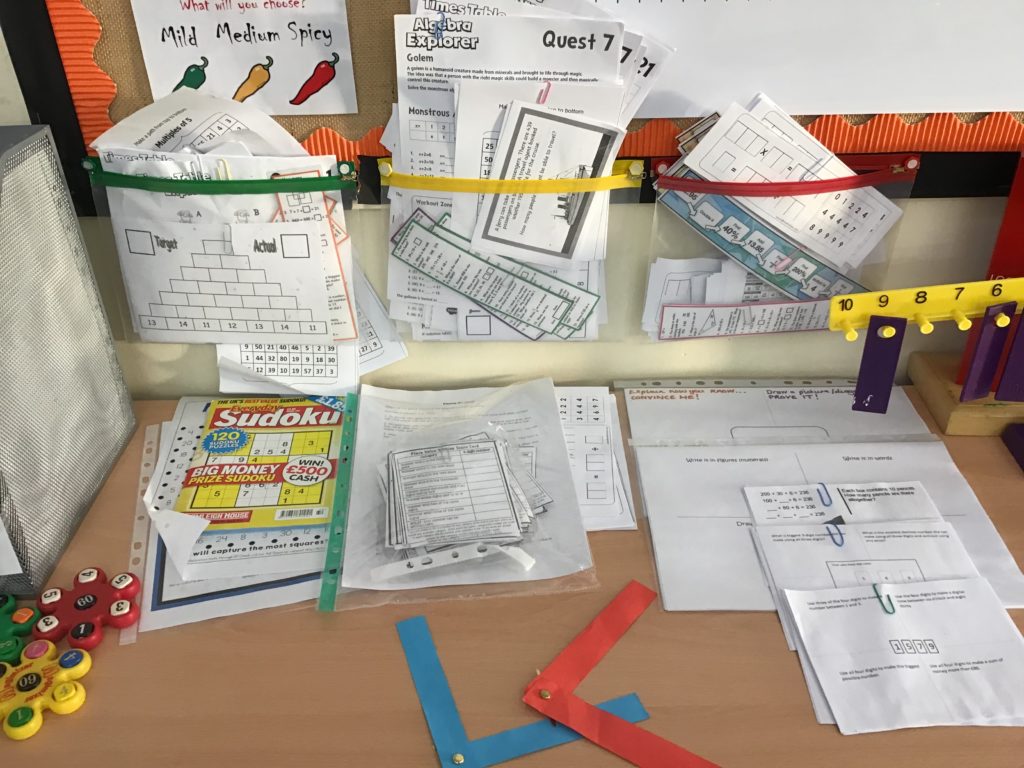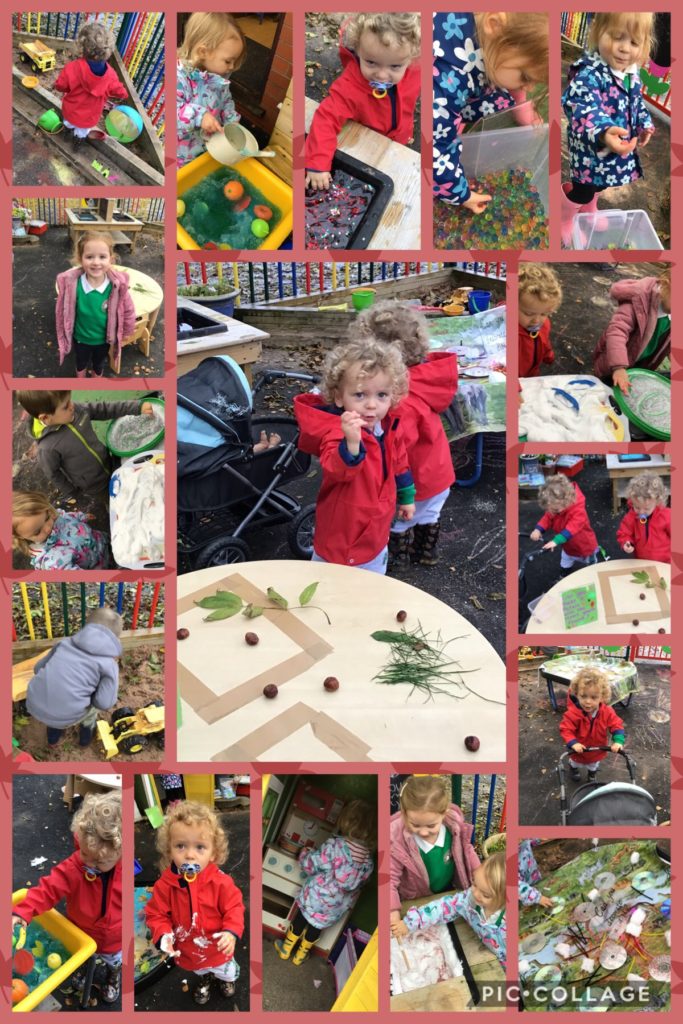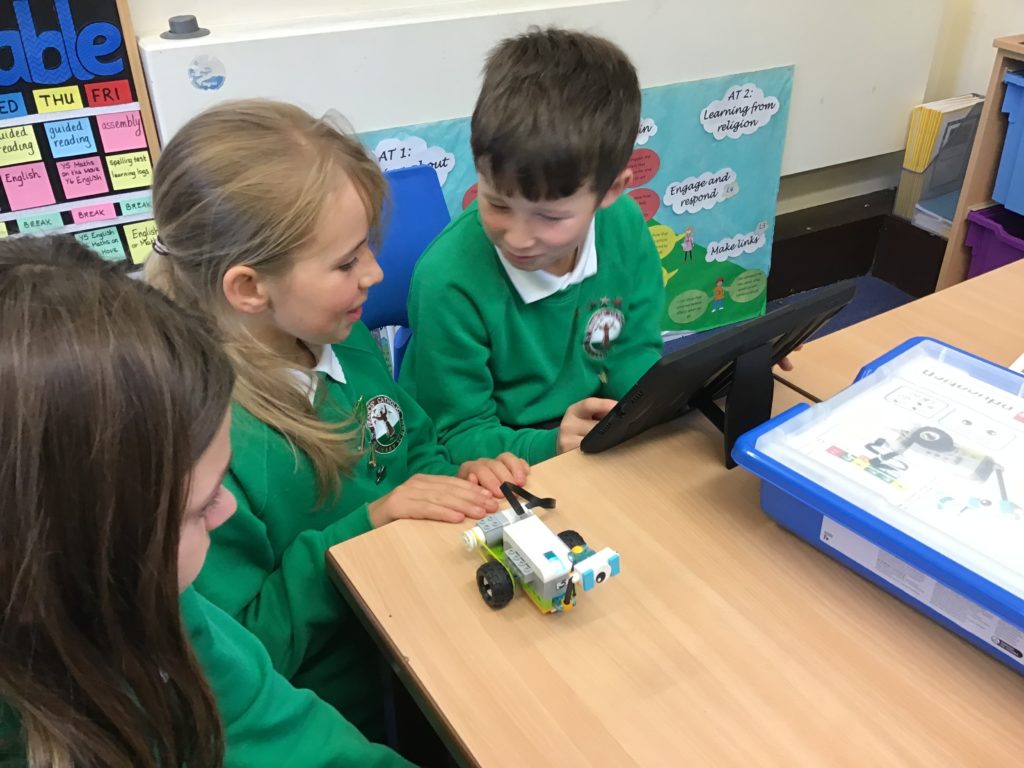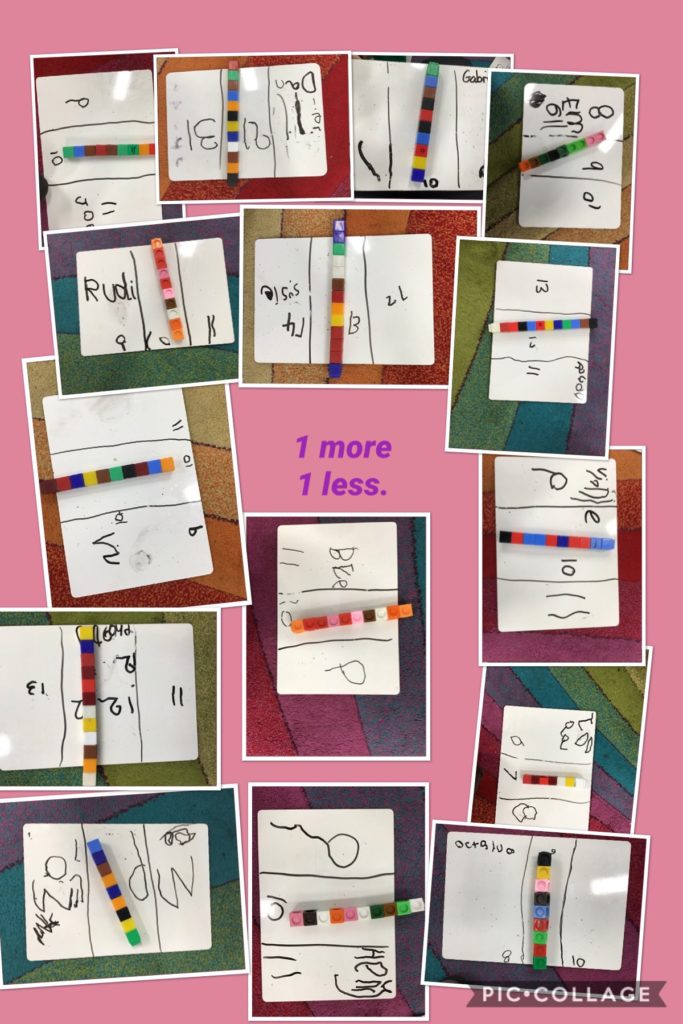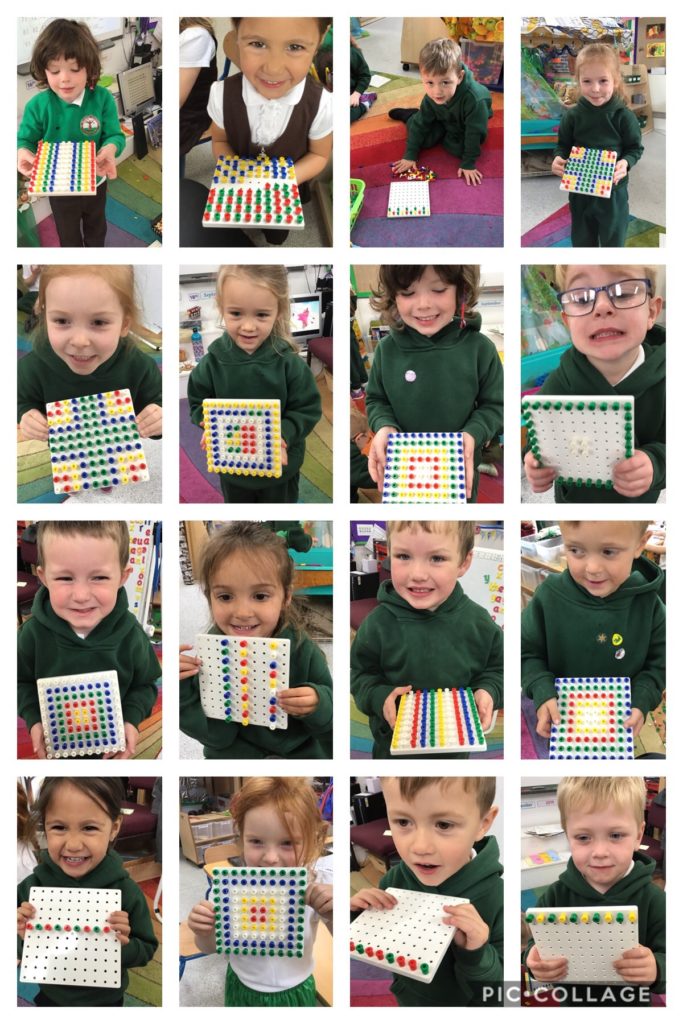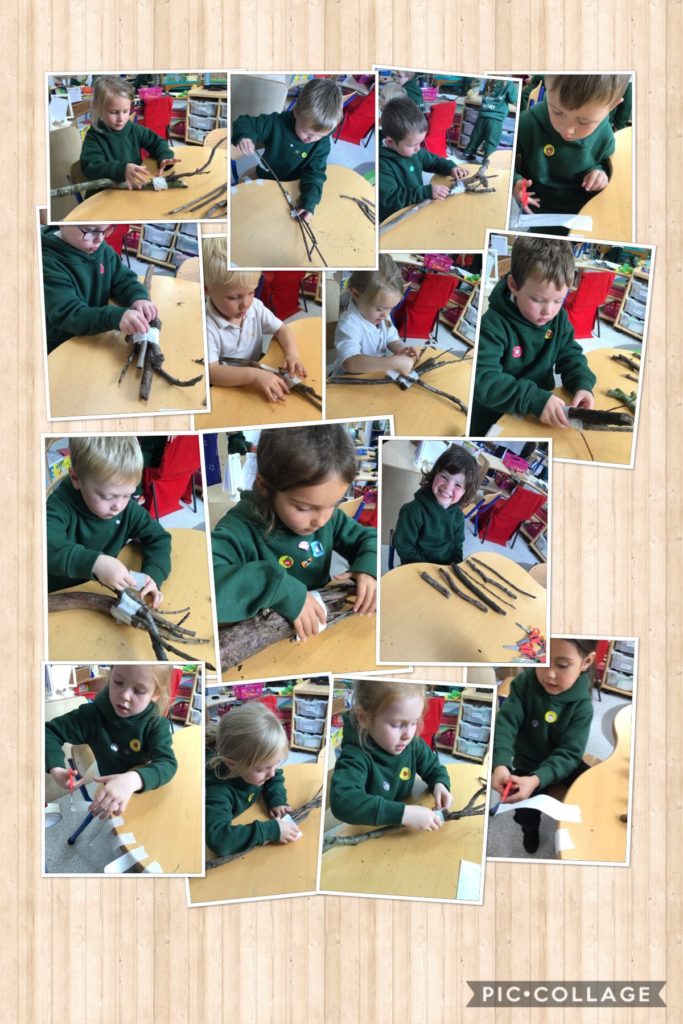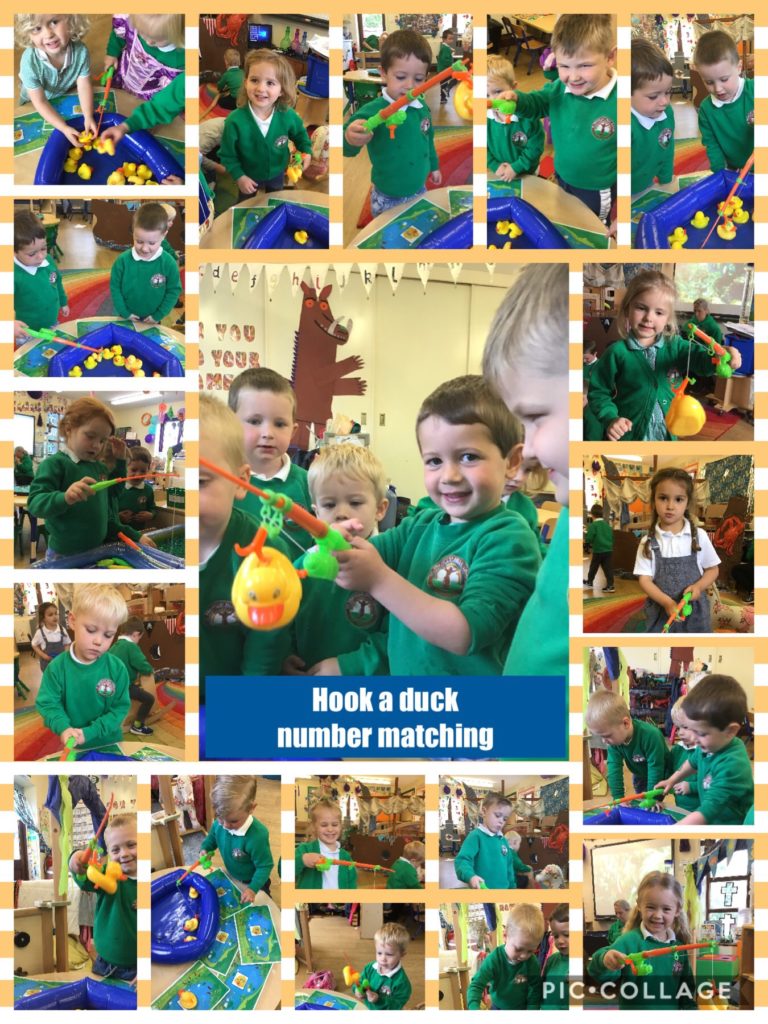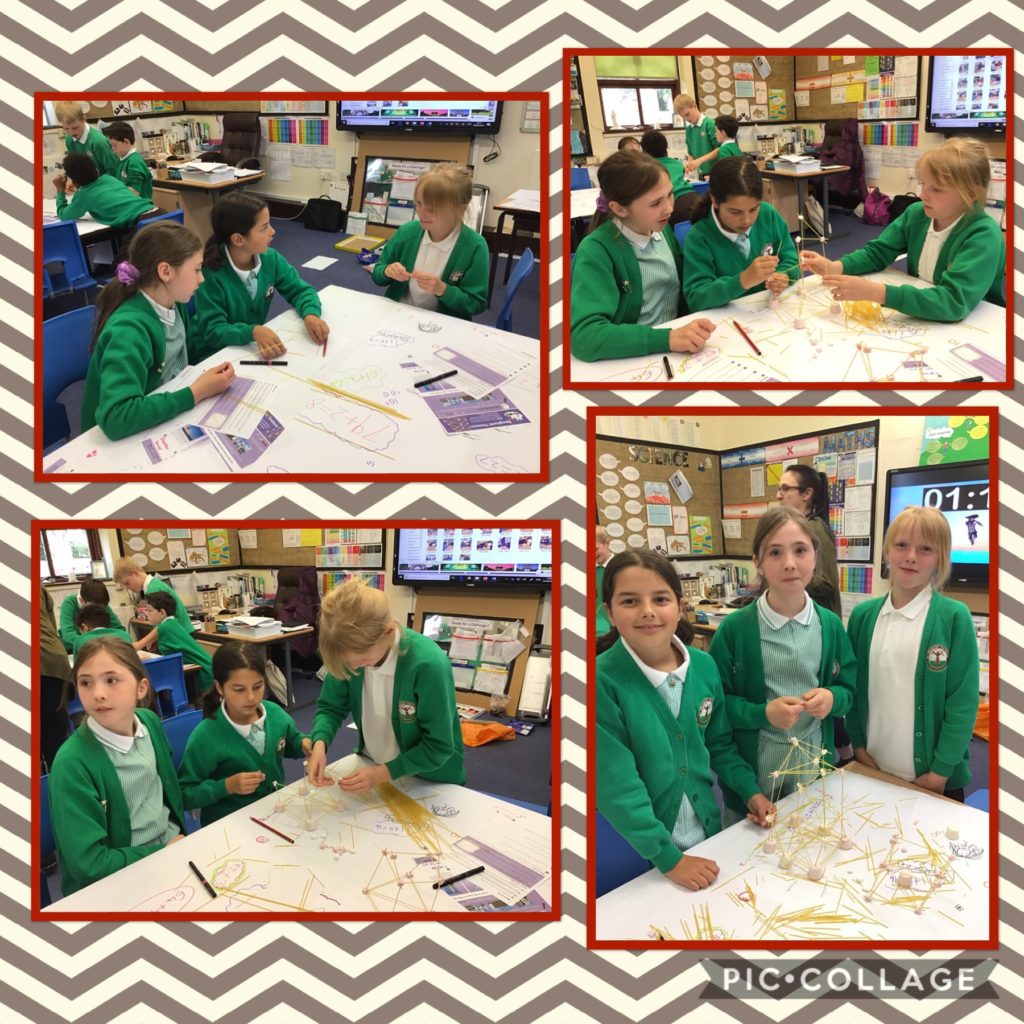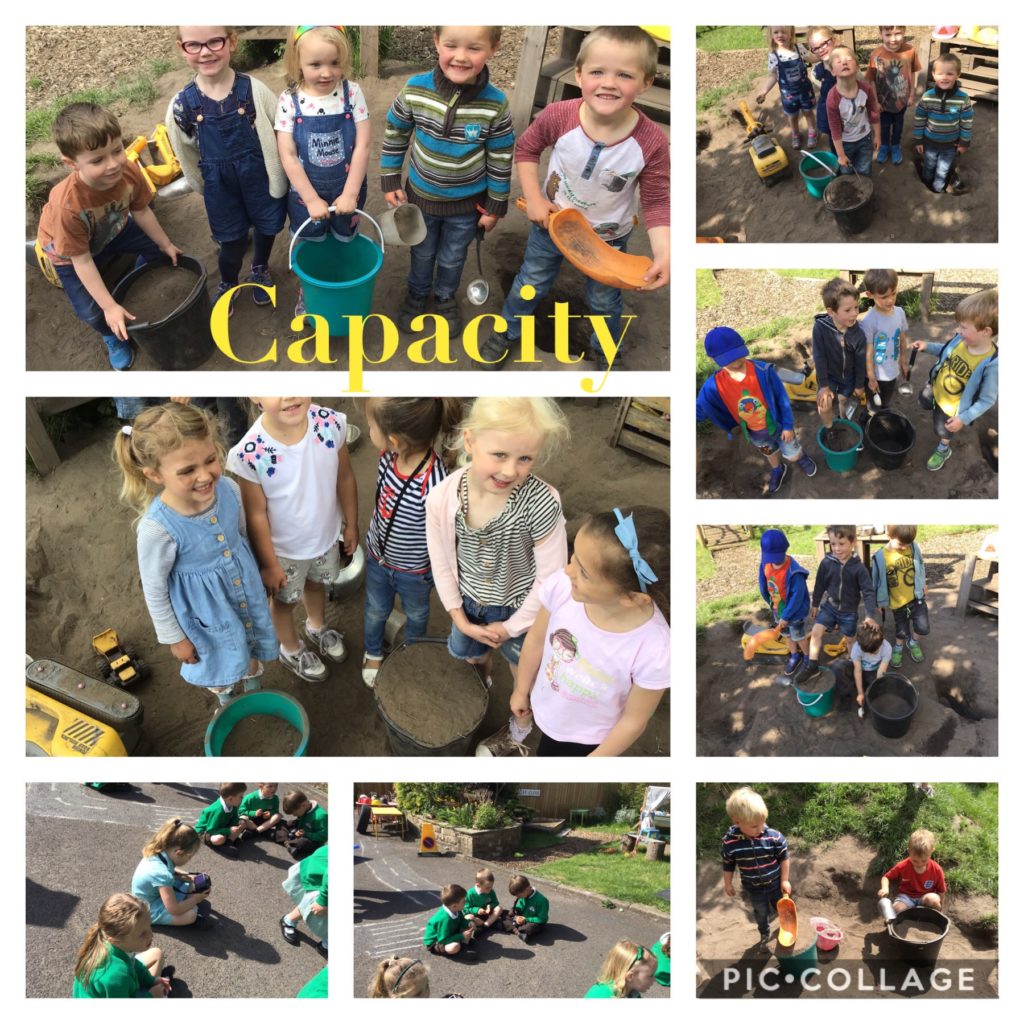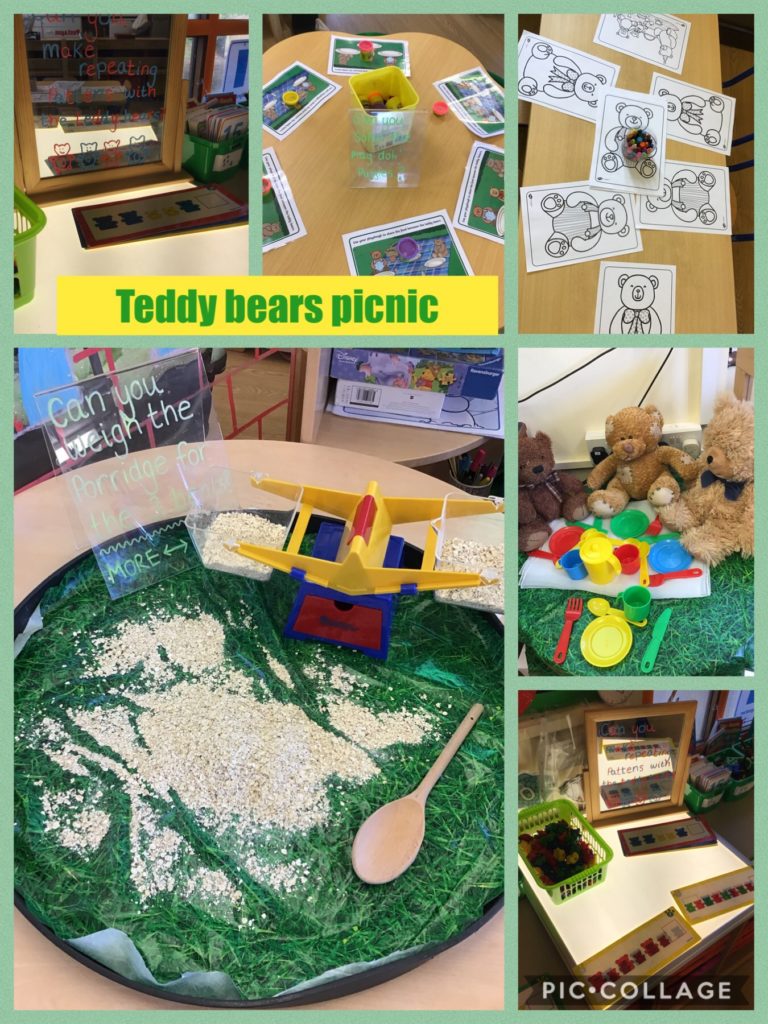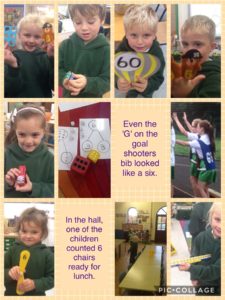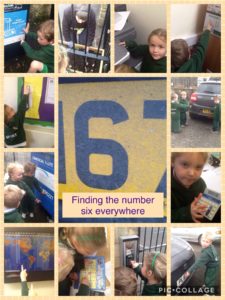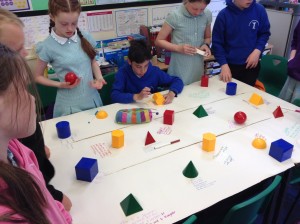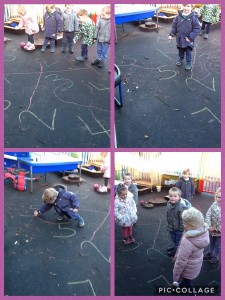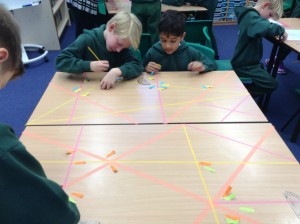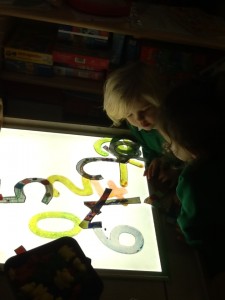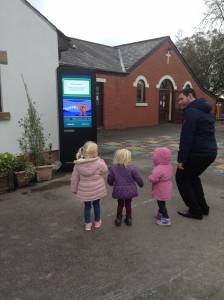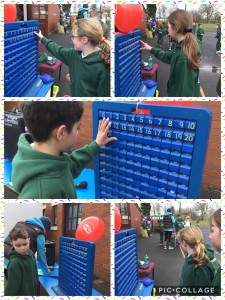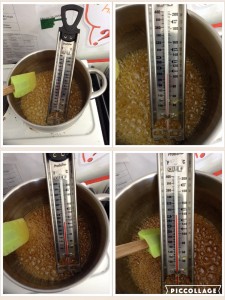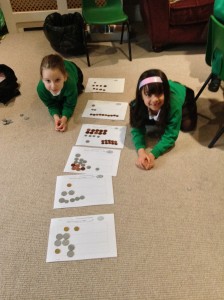At St.Francis’, we love Maths and we use as many cross curricular opportunities as possible to foster a love and curiosity about Maths.
Mathematics is a creative and highly interconnected discipline that has been developed over centuries, providing the solution to some of history’s most intriguing problems. It is essential to everyday life, critical to science, technology and engineering, and necessary for financial literacy and most forms of employment. A high-quality mathematics education therefore provides a foundation for understanding the world, the ability to reason mathematically, an appreciation of the beauty and power of mathematics, and a sense of enjoyment and curiosity about the subject.
Aims
The national curriculum for mathematics aims to ensure that all pupils:
- become fluent in the fundamentals of mathematics, including through varied and frequent practice with increasingly complex problems over time, so that pupils develop conceptual understanding and the ability to recall and apply knowledge rapidly and accurately
- reason mathematically by following a line of enquiry, conjecturing relationships and generalisations, and developing an argument, justification or proof using mathematical language
- can solve problems by applying their mathematics to a variety of routine and non-routine problems with increasing sophistication, including breaking down problems into a series of simpler steps and persevering in seeking solutions
Mathematics is an interconnected subject in which pupils need to be able to move fluently between representations of mathematical ideas. The programmes of study are, by necessity, organised into apparently distinct domains, but pupils should make rich connections across mathematical ideas to develop fluency, mathematical reasoning and competence in solving increasingly sophisticated problems. They should also apply their mathematical knowledge to science and other subjects.
The expectation is that the majority of pupils will move through the programmes of study at broadly the same pace. However, decisions about when to progress should always be based on the security of pupils’ understanding and their readiness to progress to the next stage. Pupils who grasp concepts rapidly should be challenged through being offered rich and sophisticated problems before any acceleration through new content. Those who are not sufficiently fluent with earlier material should consolidate their understanding, including through additional practice, before moving on.
NSPCC Number Day 2023
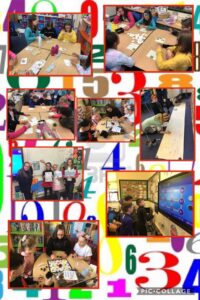
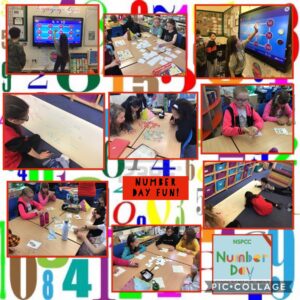

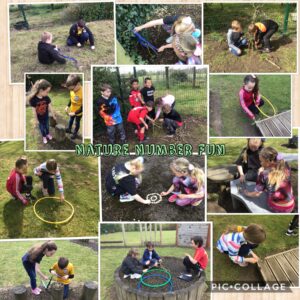
NSPCC NUMBER DAY FUN…2022
Welcome to our Mathematics Page!
Maths in the real world
Investigating numbers – The number Six
What does six mean? We have been looking at numbers in class then took our learning outside. The children were Number Detectives and looked all around our environment for the number six. They found it everywhere!
Counting to ten and beyond
The children are given opportunities to collect interesting things to count. Here, we had an abundance of conkers. The children collected them together, then set them out in groups of ten to count.

3D Shapes
When you have such a beautiful environment surrounding us, the lessons naturally lead us outdoors.
The children have been looking at 2D and 3D shapes. Using a pile of wind fallen branches, they were challenged to create 3D shapes as accurately as possible.
We embrace active learning at St.Francis’ and use every opportunity to develop cross-curricular learning.
Please see our Curriculum coverage for each year group
Key Learning in Mathematics – Year 1
Key Learning in Mathematics – Year 2
Key Learning in Mathematics – Year 3
Key Learning in Mathematics – Year 4

